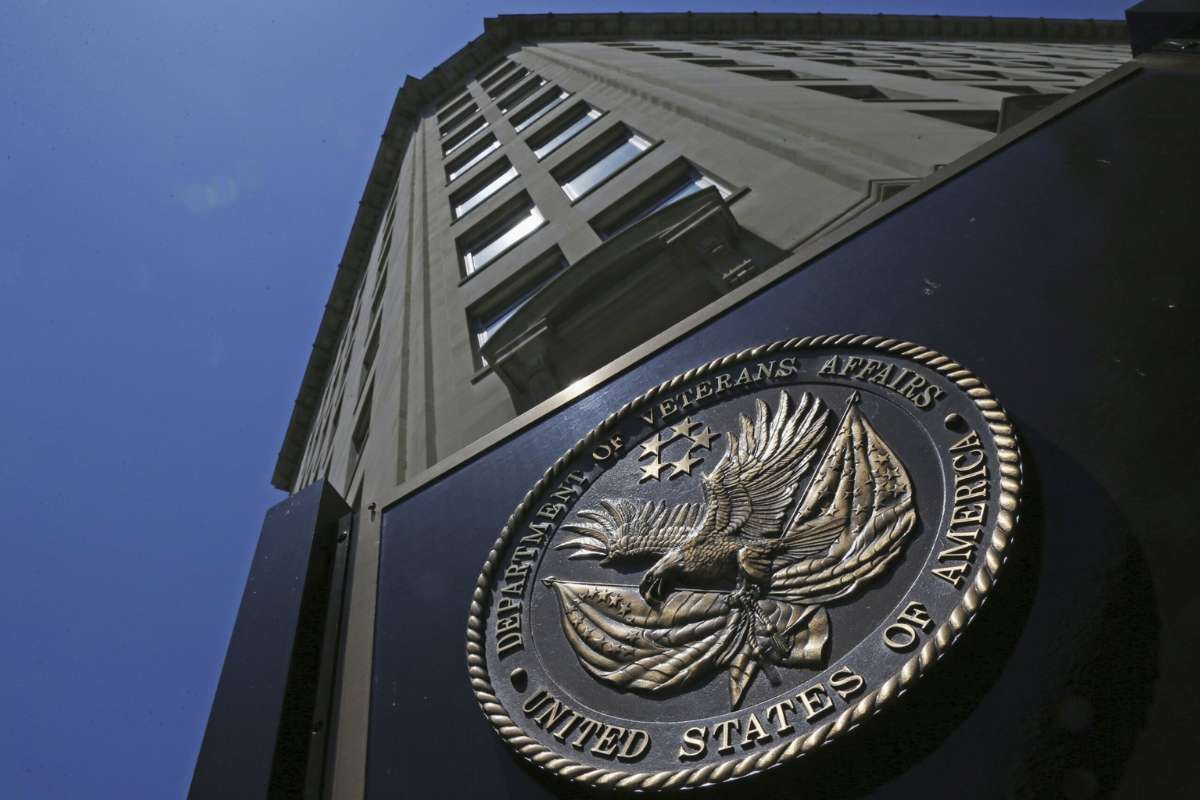Concerns Over Cybersecurity at Veterans Affairs (VA) Benefits Website
A recent workforce reduction within the federal government has raised alarms about the security of sensitive financial and health data belonging to millions of veterans. Jonathan Kamens, a former cybersecurity expert for the Department of Veterans Affairs (VA) online portal, has warned that the VA.gov website may now be vulnerable to data breaches following his abrupt termination. Kamens, who played a crucial role in securing veterans’ private information, was dismissed on February 14 as part of widespread staff cuts. He expressed concerns that his position will remain unfilled, potentially leaving gaps in the oversight of cybersecurity measures.
Kamens, who worked with the U.S. Digital Service (USDS) before his termination, stated that the lack of a direct replacement could expose VA.gov to cyber threats. “Given how the government has been operating recently, I don’t believe the VA will be able to replace me,” he remarked. As the primary engineer with a technical background in cybersecurity at the agency, he emphasized that the loss of expertise in such a critical area could place veterans’ private health and financial data at risk.
Government Response and Internal Resignations
Veterans Affairs (VA) spokesperson Peter Kasperowicz responded to Kamens’ concerns, downplaying the impact of his departure on the agency’s operations. He pointed out that the department employs hundreds of cybersecurity professionals among its nearly 470,000 staff members, suggesting that the cybersecurity structure remains intact despite recent layoffs. However, Kamens disagreed, stating that the VA.gov website relies on access to numerous databases to deliver benefits and services, making it imperative that security measures remain stringent.
Meanwhile, the shake-up within the federal workforce has prompted additional resignations. More than 20 civil service employees who had previously worked for USDS also resigned from the Department of Government Efficiency (DOGE) on Tuesday. These individuals cited ethical concerns, saying they did not want to participate in dismantling essential public services. Their departures further highlight growing unrest over cybersecurity policies and data protection within the federal government.
Data Security and Centralization Concerns
Kamens also raised concerns about the security implications of recent administrative changes. He explained that before he could access any veterans’ data, he underwent thorough background checks and drug tests. He questioned why the same level of scrutiny was not being applied to those now overseeing digital operations. “I don’t think they should have access to that data,” he said, emphasizing that some officials have not undergone background checks or been confirmed as trustworthy custodians of sensitive information.
Additionally, Kamens criticized efforts to centralize data storage across agencies, arguing that such moves could increase the risk of misuse or breaches. Decentralization, he explained, has traditionally provided a layer of security by limiting access to data. Since DOGE took over, he noted growing confusion within the agency, with employees struggling to identify their supervisors and experiencing restricted access to necessary tools and resources. “The only conclusion I can draw,” Kamens stated, “is that this push for centralization is about gaining control over data that could be misused.”
As cybersecurity experts voice concerns over government restructuring efforts, the question remains: Will veterans’ sensitive information remain secure, or will these workforce reductions leave them vulnerable to cyber threats?






